 W
WJames Barbut, sometimes Jacques was an English painter and naturalist
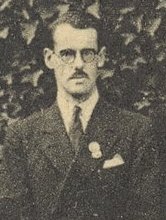 W
WHorace Francis Barnes was an English entomologist who specialised in Diptera.
John Blackwall was a British naturalist with a particular interest in spiders.
 W
WArthur Gardiner Butler F.L.S., F.Z.S. (1844–1925) was an English entomologist, arachnologist and ornithologist. He worked at the British Museum on the taxonomy of birds, insects, and spiders.
 W
WMalcolm Cameron was an English physician and entomologist who specialised in Coleoptera, particularly the rove beetles (Staphylinidae). He started his working life as a naval surgeon after qualifying in medicine at the London Hospital and collected beetles during his work at various locations. He is especially known for the five volumes on Staphylinidae in The Fauna of British India, Including Ceylon and Burma series. He was a Fellow of the Royal Entomological Society.
 W
WThomas Algernon Chapman was a Scottish entomologist.
 W
WGeorge Robert Crotch (1842–1874) was a British entomologist and an authority on Coleoptera (beetles).
 W
WRoy Albert Crowson was an English biologist who specialised in the taxonomy of beetles.
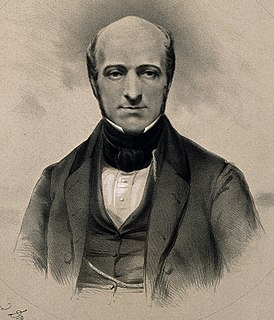 W
WEdward Doubleday was an English entomologist primarily interested in Lepidoptera. He is best known for The Genera of Diurnal Lepidoptera: Comprising Their Generic Characters, a Notice of Their Habits and Transformations, and a Catalogue of the Species of Each Genus, co-written with John O. Westwood, and illustrated by William Chapman Hewitson; and List of the Specimens of Lepidopterous Insects in the Collection of the British Museum.
 W
WHenry Doubleday was an English entomologist and ornithologist.
 W
WJames Duncan (1804–1861) was a Scottish naturalist. He wrotewith James Wilson Entomologia Edinensis: Or A Description and History of the Insects Found in Edinburgh (1834) in William Jardine's The Naturalist’s Library. Entomology, 7 volumes. Introduction to Entomology.: Comprehending a General View of the Metamorphoses, William Home Lizars, Samuel Highley, W. Curry, Junr. & Co. 662 pages. (1840). with William Jardine.Bees: Comprehending the uses and economical management of the honey-bee of Britain and other countries, together with the known wild species. Edinburgh London, W.H. Lizars; Henry G. Bohn. 602 pages. (1859).
 W
WAugustus Radcliffe Grote was a British entomologist who worked mainly in America.
 W
WGeorge Willis Kirkaldy was an English entomologist who specialised on Hemiptera. He was a Fellow of the Royal Entomological Society from 1893.
 W
WJohn Henry Leech was an English entomologist who specialised in Lepidoptera and Coleoptera.
 W
WJohn Russell Malloch was a Scottish entomologist who specialised in Diptera and Hymenoptera.
 W
WSidnie Milana Manton, FLS FRS was a British zoologist. She is known for making advances in the field of functional morphology. She is regarded as being one of the most outstanding zoologists of the twentieth century.
 W
WRaphael Meldola FRS was a British chemist and entomologist. He was Professor of Organic Chemistry in the University of London, 1912–15.
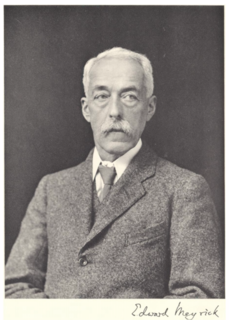 W
WEdward Meyrick FRS was an English schoolmaster and amateur entomologist. He was an expert on microlepidoptera and some consider him one of the founders of modern microlepidoptera systematics.
 W
WGeorge Newport FRS was a prominent English entomologist. He is especially noted for his studies utilizing the microscope and his skills in dissection.
 W
WMary De la Beche "Minnie" Nicholl FES was a lepidopterist and mountaineer.
 W
WGeorge Perry was a 19th-century English naturalist, a malacologist.
 W
WHarold Powell was a British entomologist who specialised in Lepidoptera.
 W
WNorman Denbigh Riley CBE was a British entomologist with a special interest in the Lepidoptera and in particular the Lycaenidae. For many years he was keeper of entomology at the British Museum.
 W
WRobert Henry Fernando Rippon was an English zoologist, entomologist and illustrator. He was a musician for a while but took a keen amateur interest in entomology and published a major multivolume work on the birdwing butterflies, the Icones Ornithopterum (1898-1906).
 W
WEdward Saunders, FRS was an English entomologist, who specialised in Coleoptera, Hemiptera and Hymenoptera.
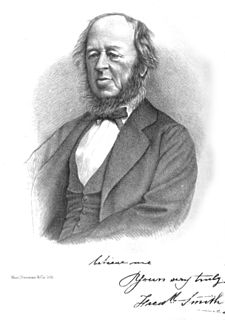 W
WFrederick Smith was a British entomologist who worked at the zoology department of the British Museum from 1849, specialising in the Hymenoptera.
 W
WHenry Tibbats Stainton was an English entomologist.
 W
WBernard Verdcourt was a biologist and taxonomist, most widely known as a botanist and latterly an honorary research fellow at the Royal Botanic Gardens, Kew in London. Prior to coming to Kew in 1964, he was associated with the East African Herbarium for 15 years. Although his best-known work probably consists of his many studies of the East African flora, he has also made extensive contributions relating to African terrestrial mollusks and to entomology. Dr. Verdcourt received the Linnean Medal for botany from the Linnean Society of London in 2000. His list of publications includes more than 1,000 scientific works. The standard author abbreviation Verdc. is used to indicate this person as the author when citing a botanical name.
 W
WCharles Owen Waterhouse was an English entomologist who specialised in Coleoptera.
 W
WFrancis Buchanan White was a Scottish entomologist and botanist.
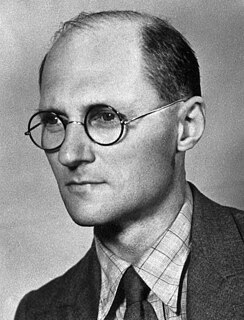 W
WSir Vincent Brian Wigglesworth CBE FRS was a British entomologist who made significant contributions to the field of insect physiology. He established the field in a textbook which was updated in a number of editions.
 W
W.